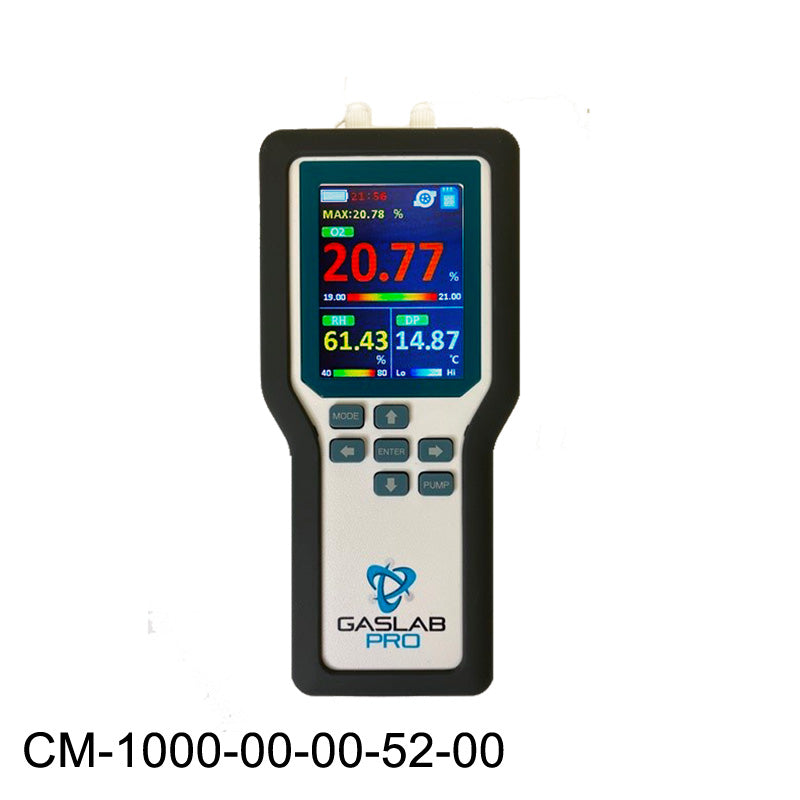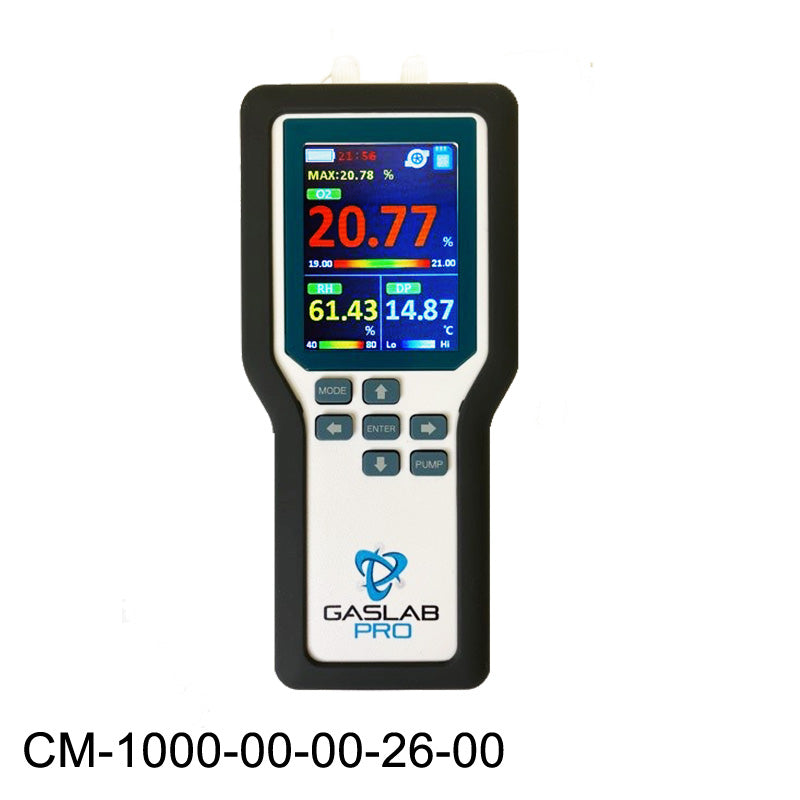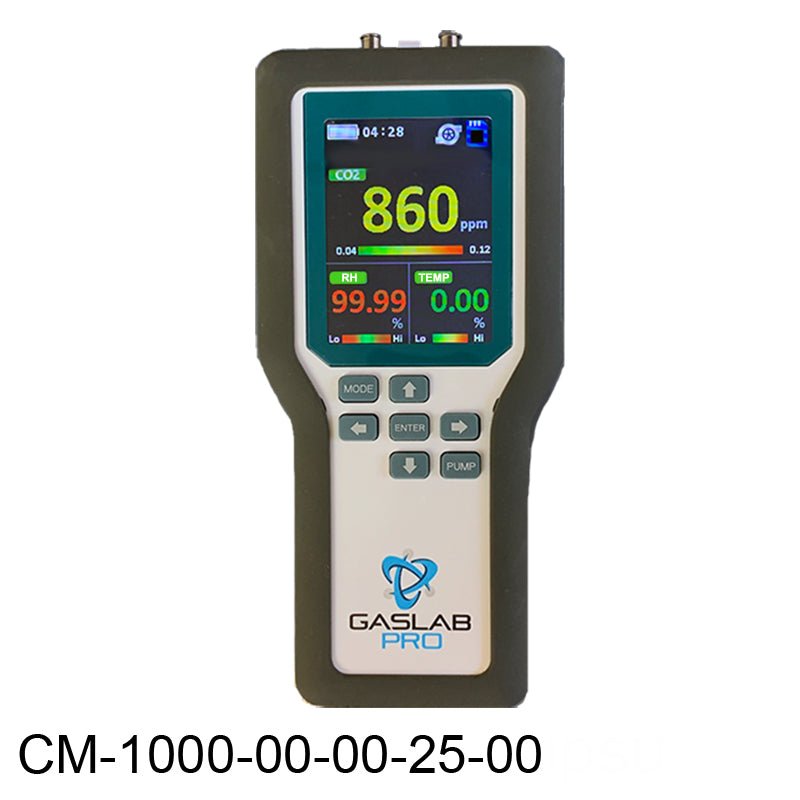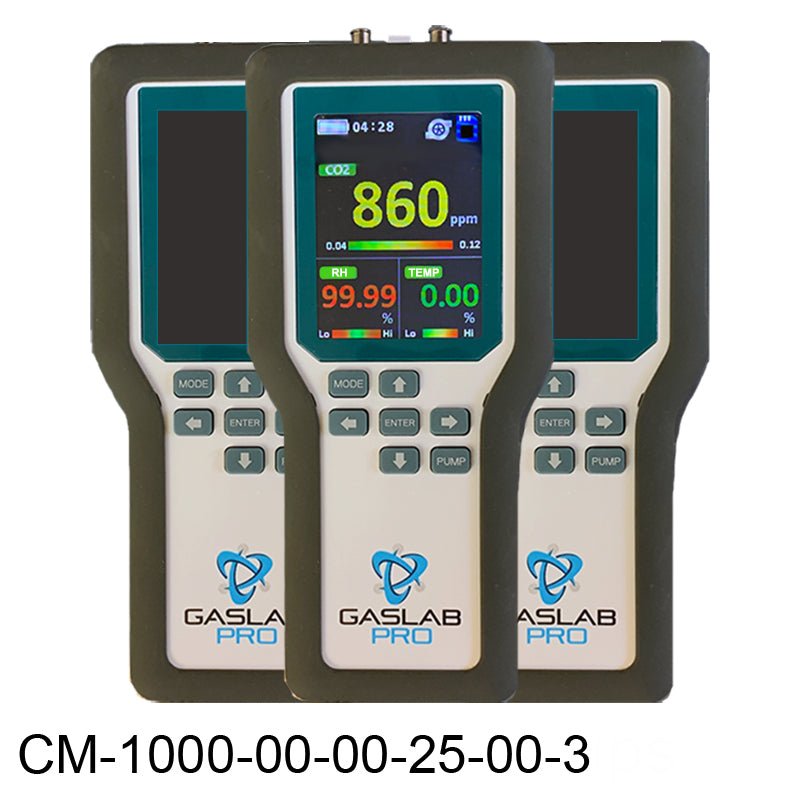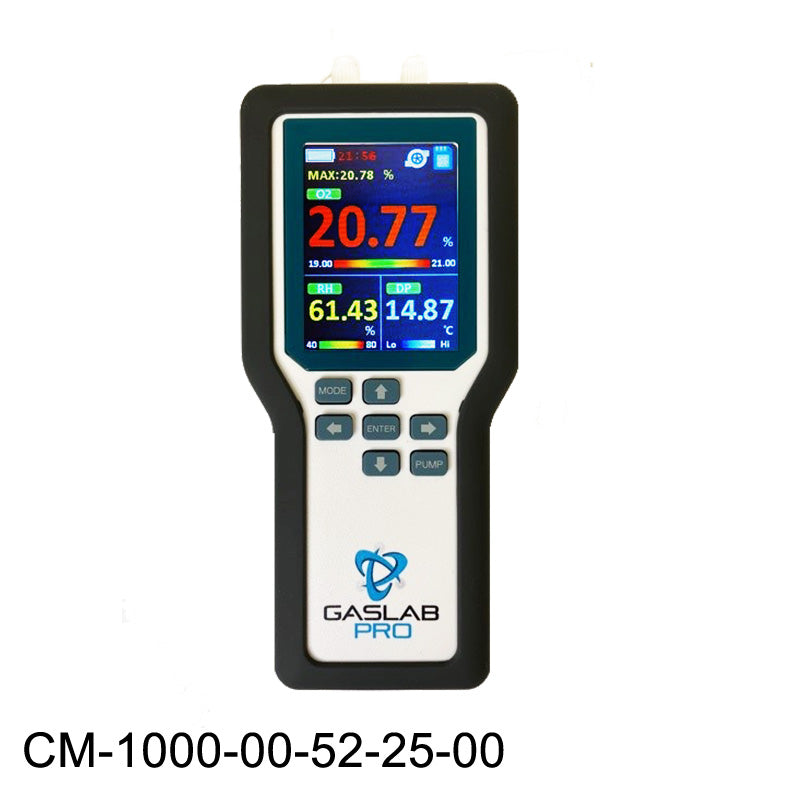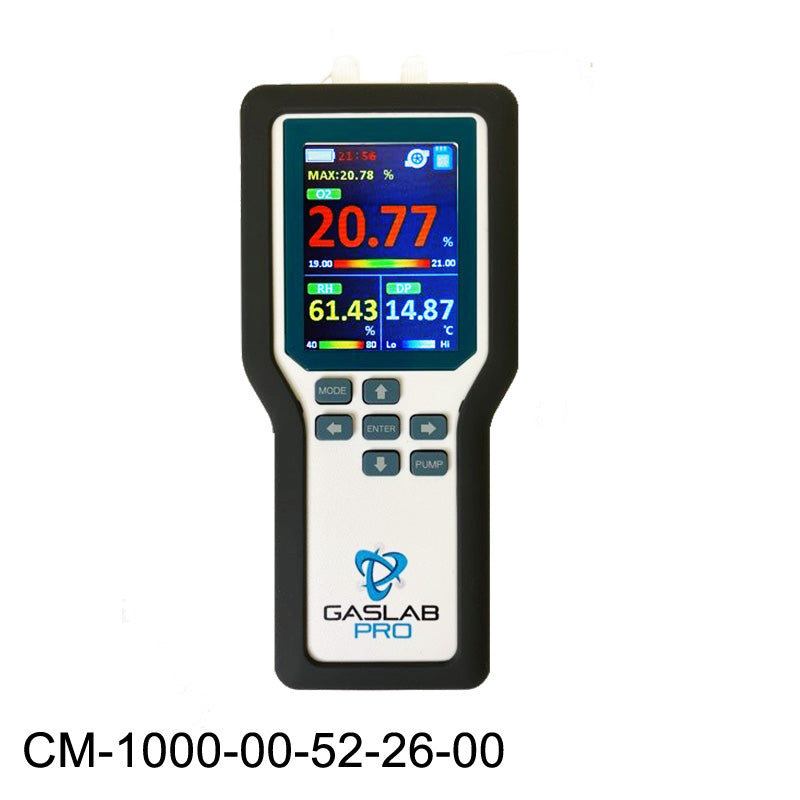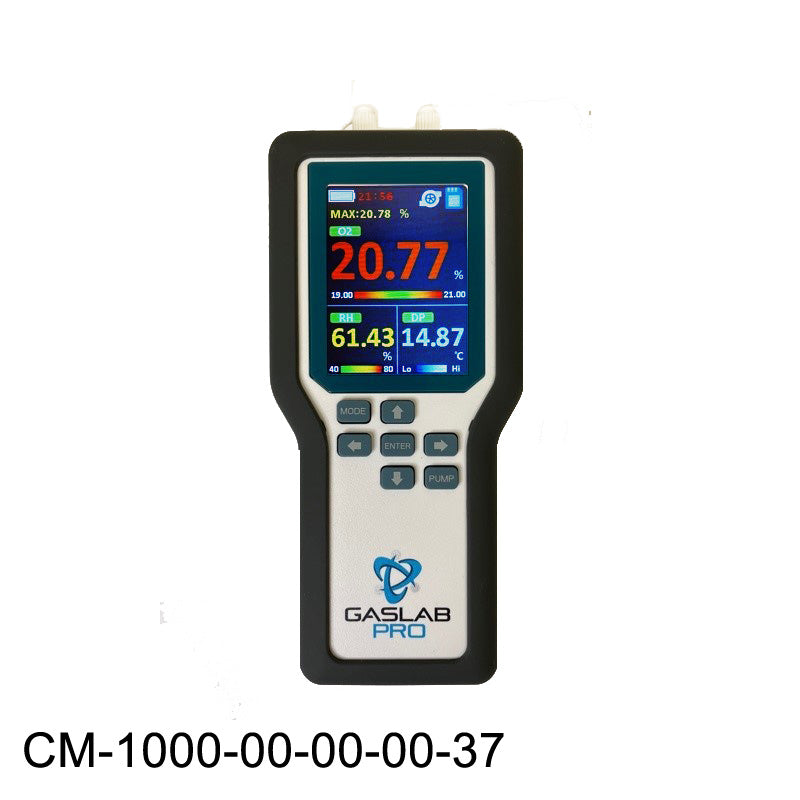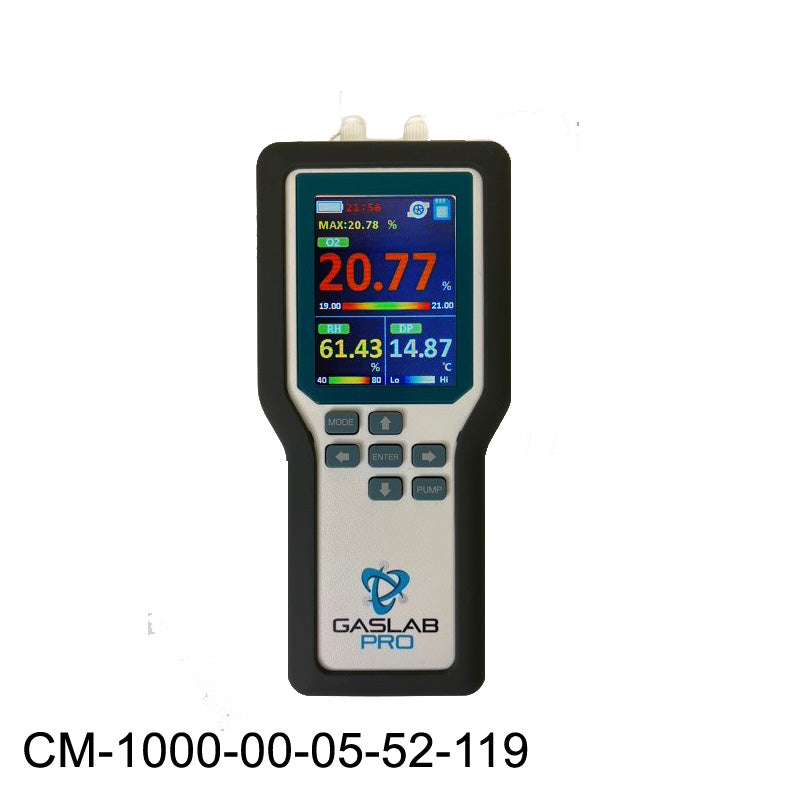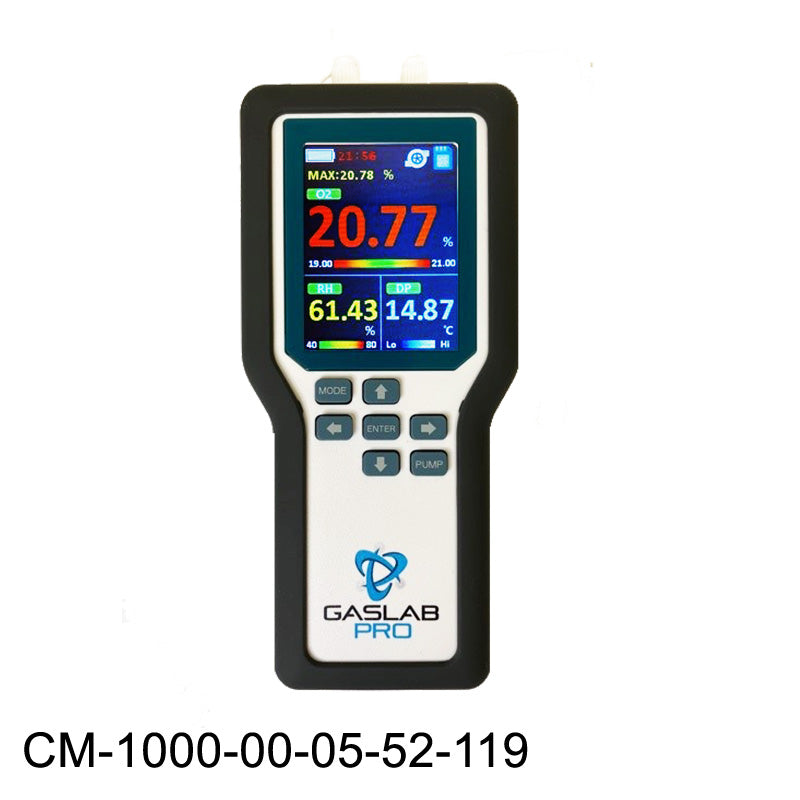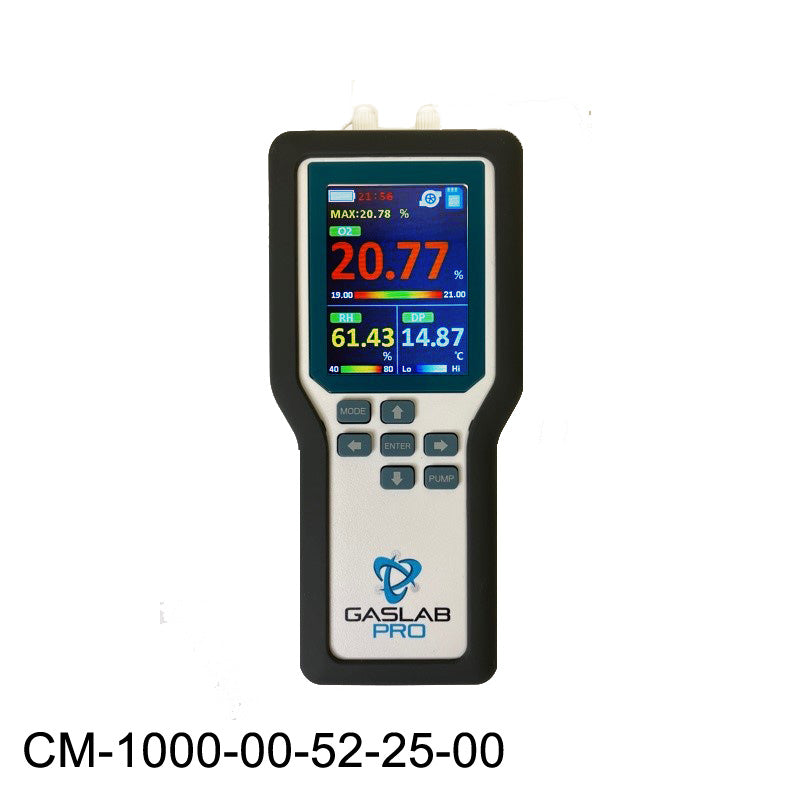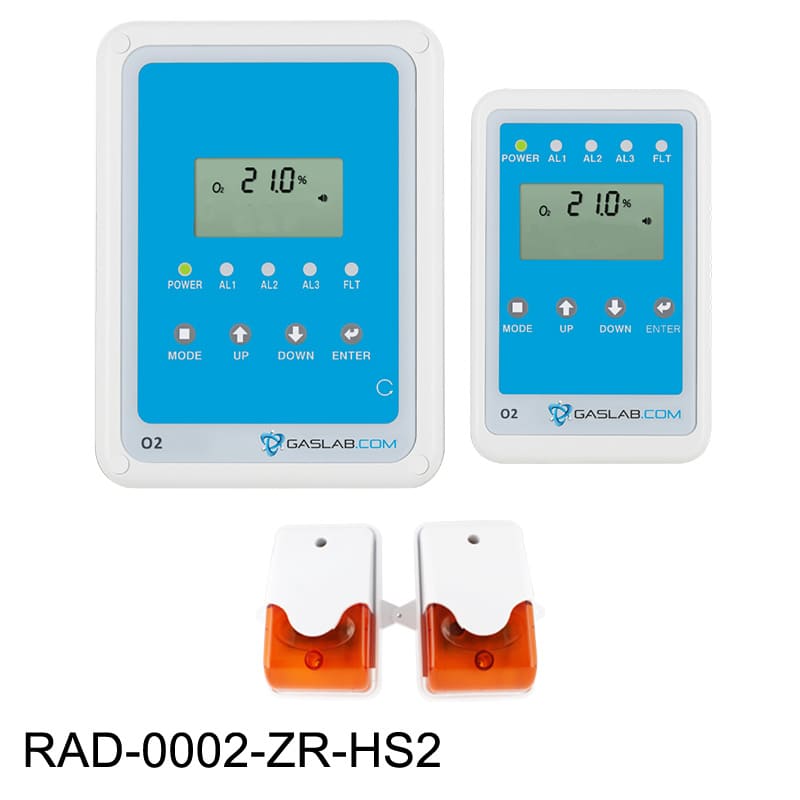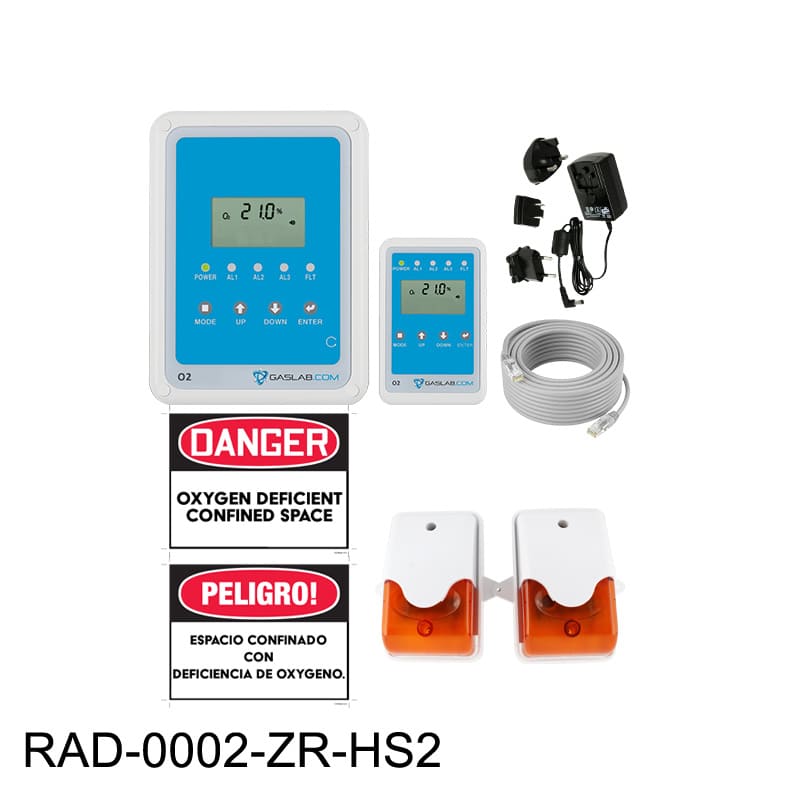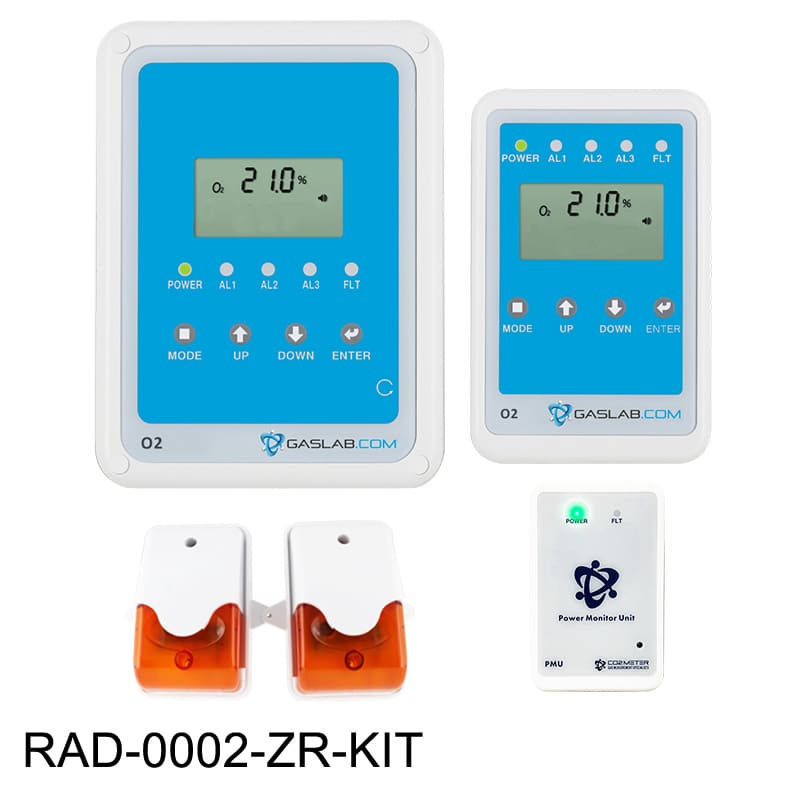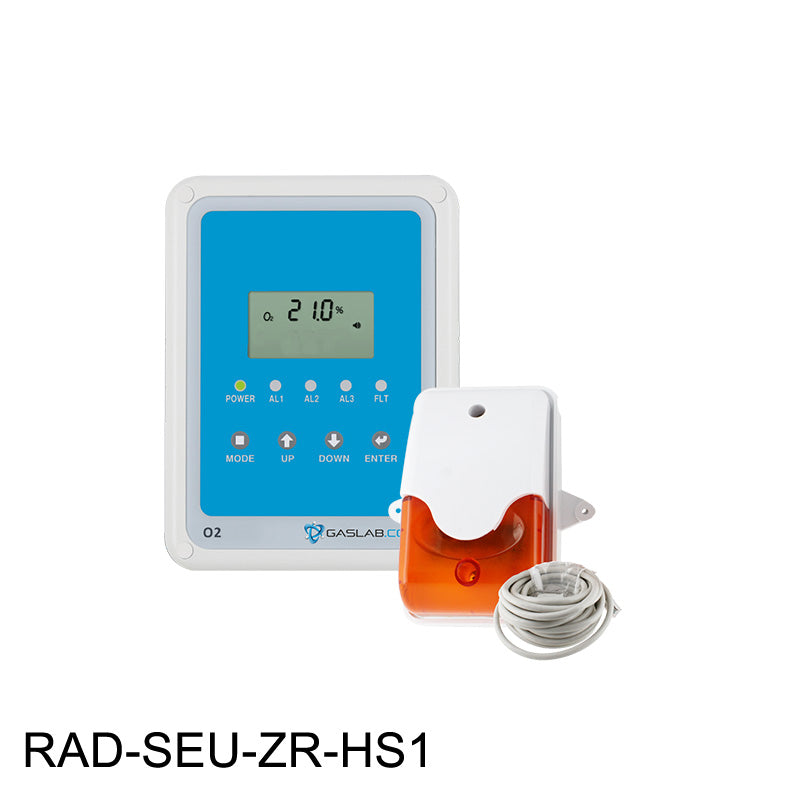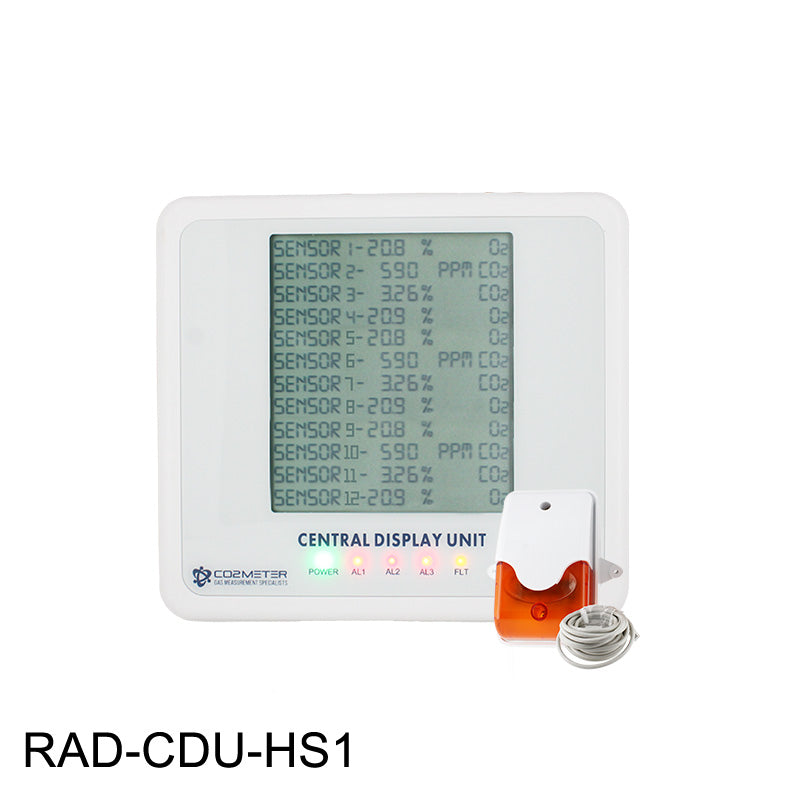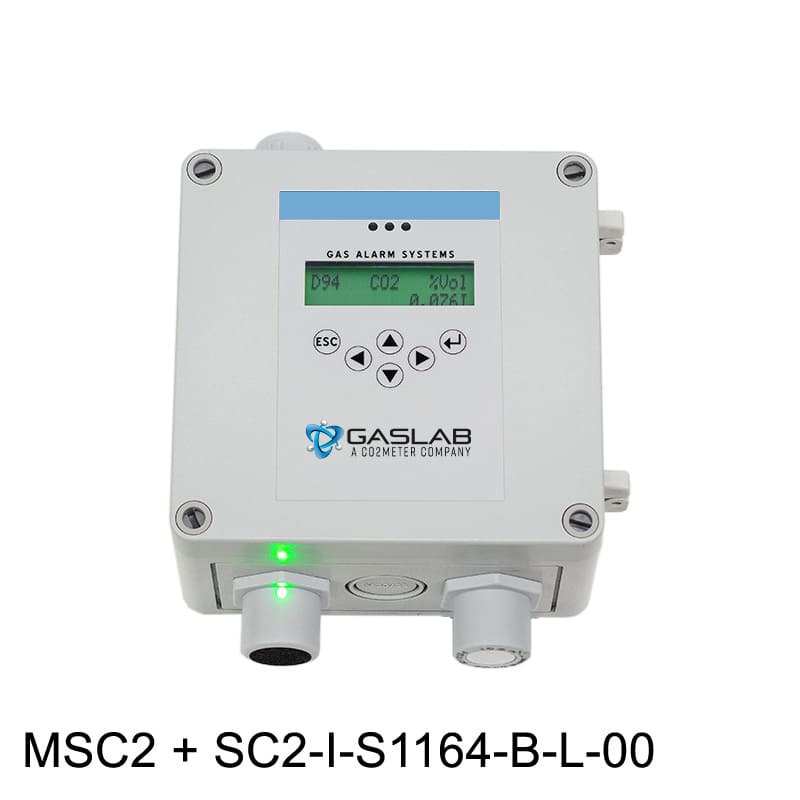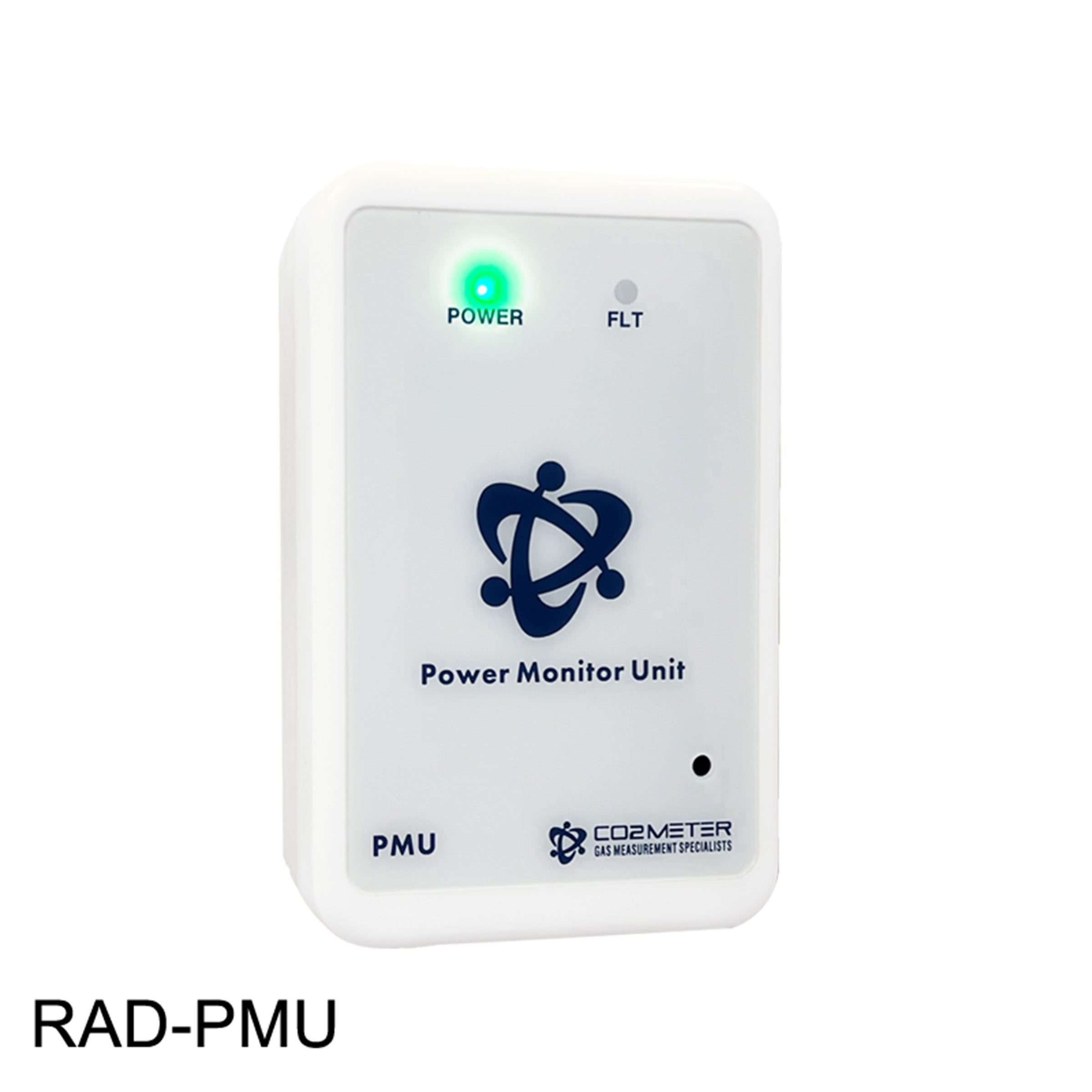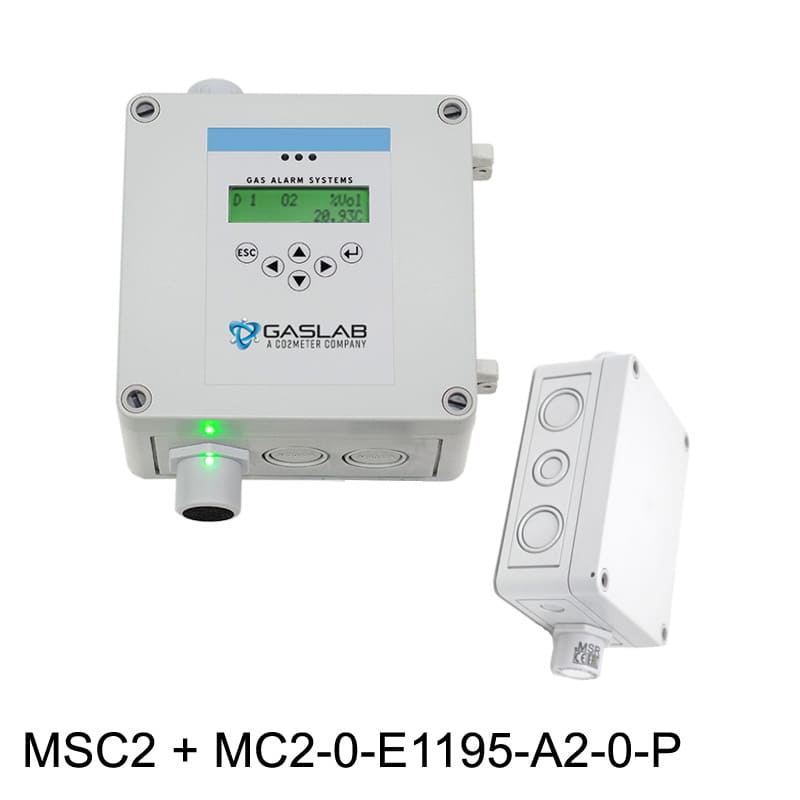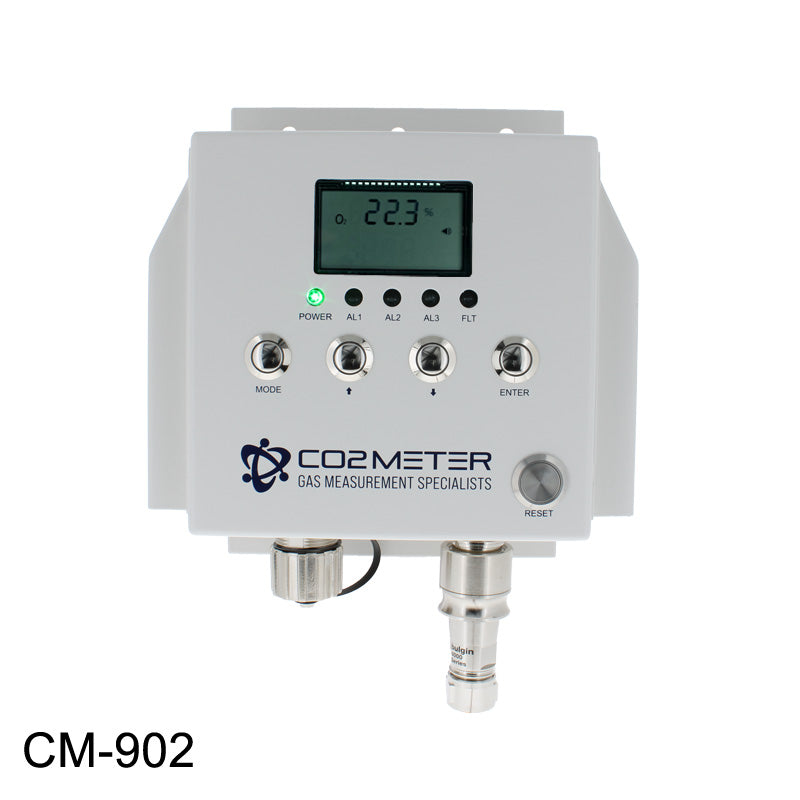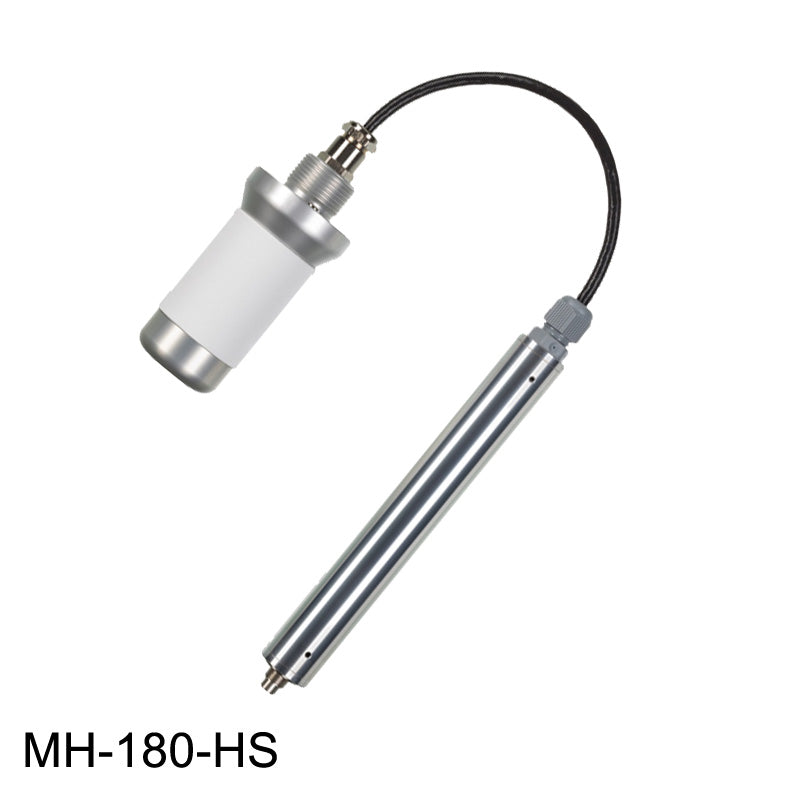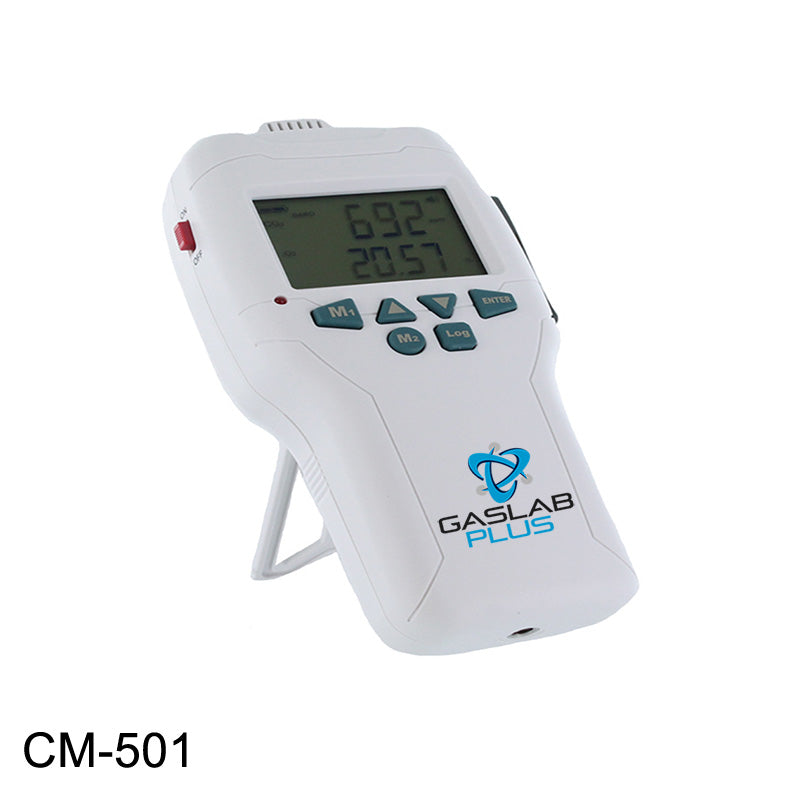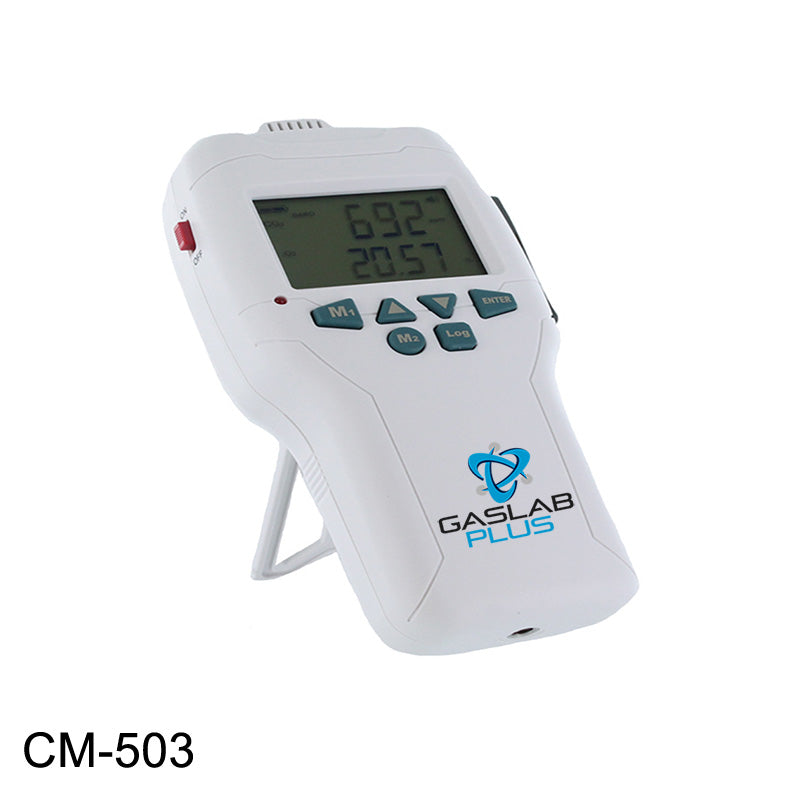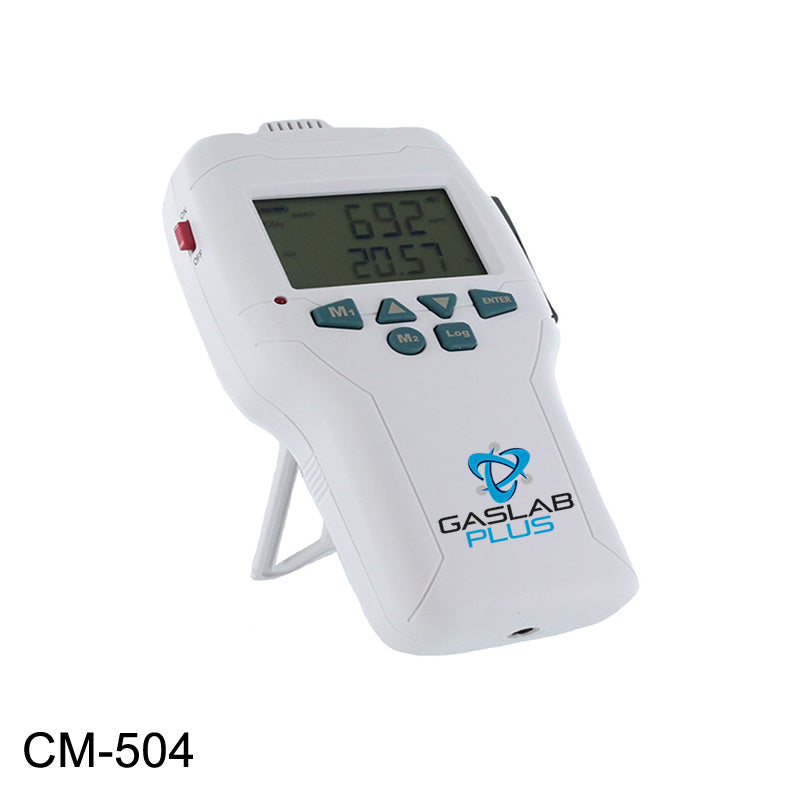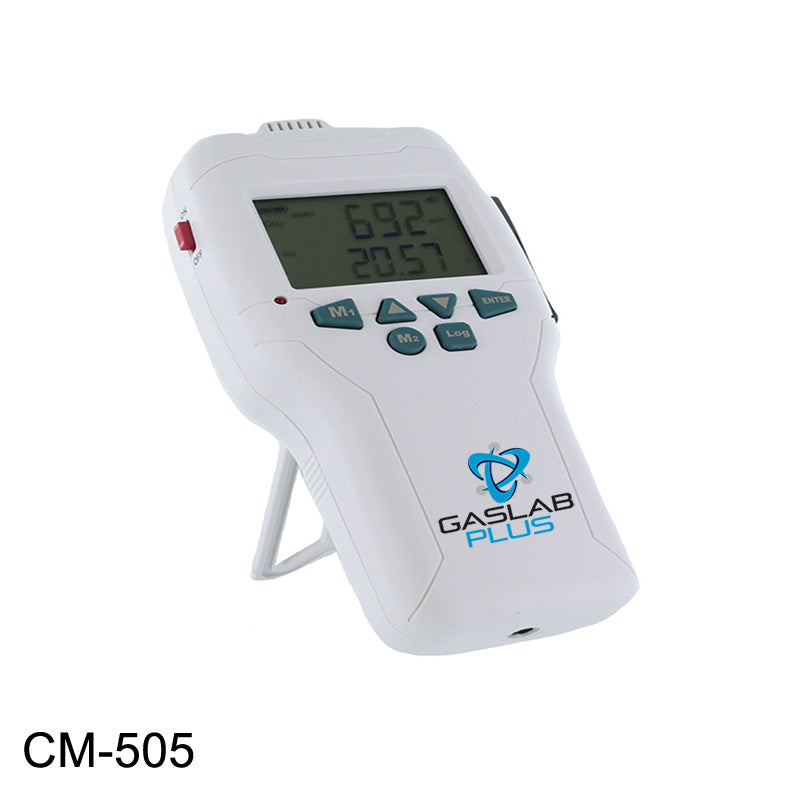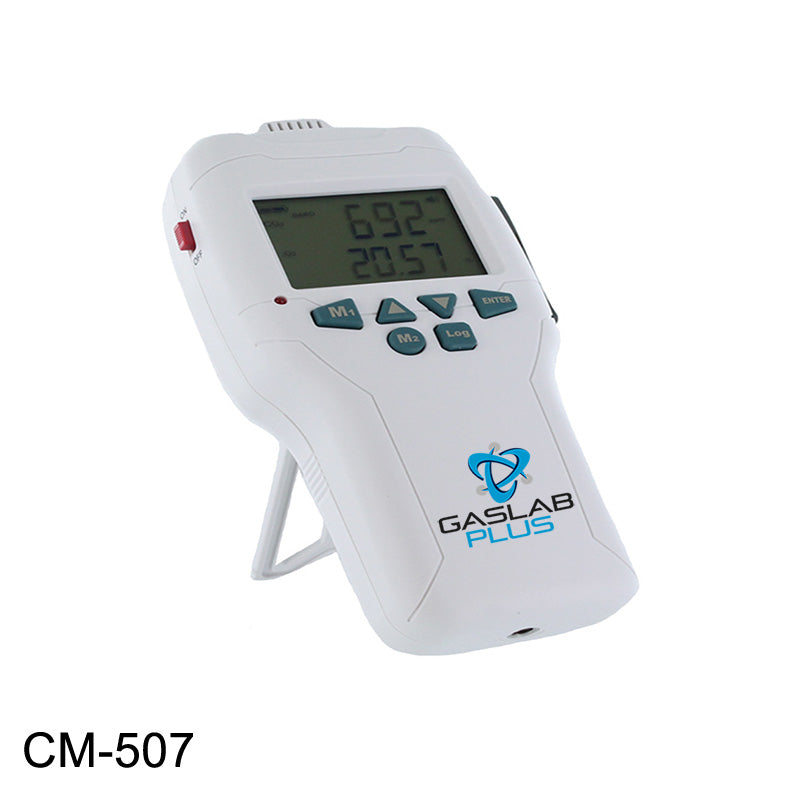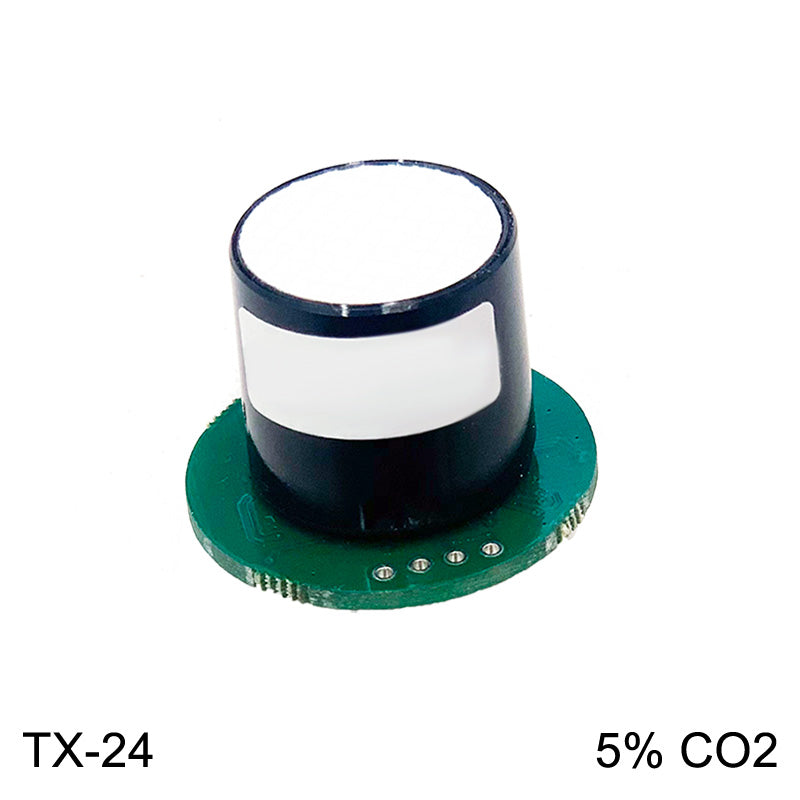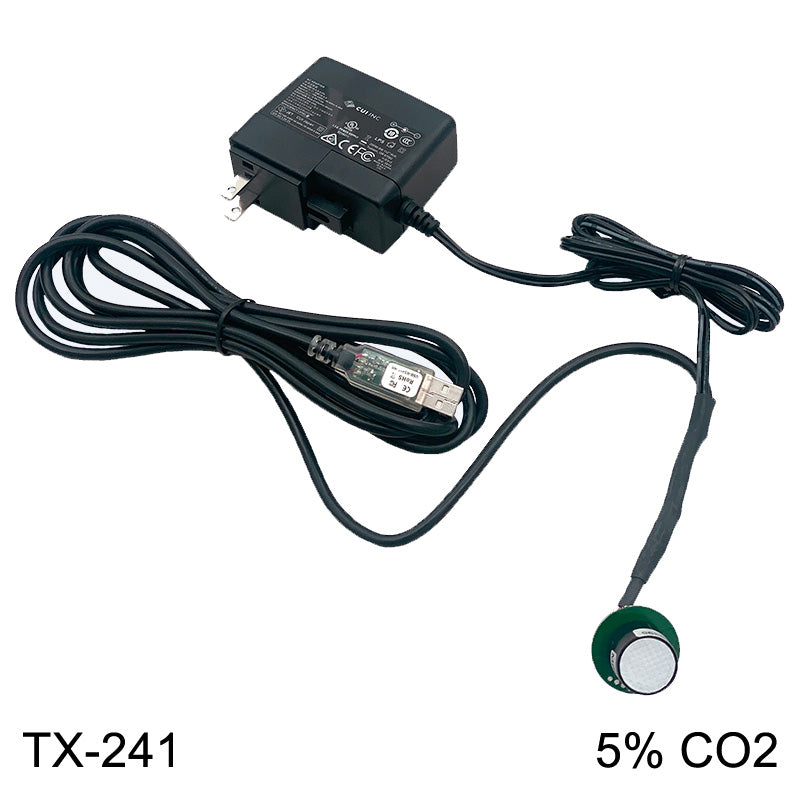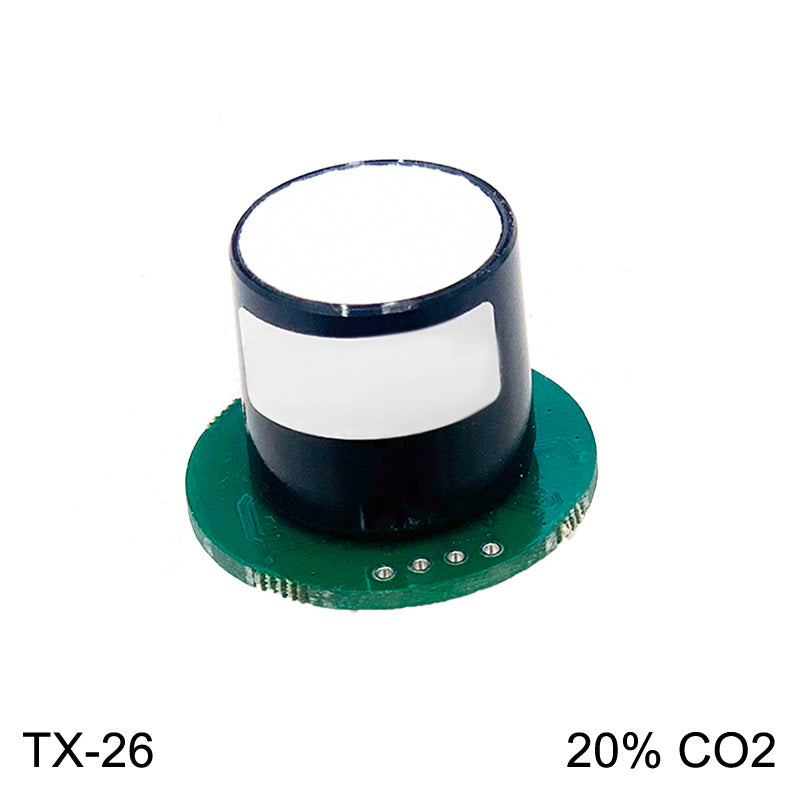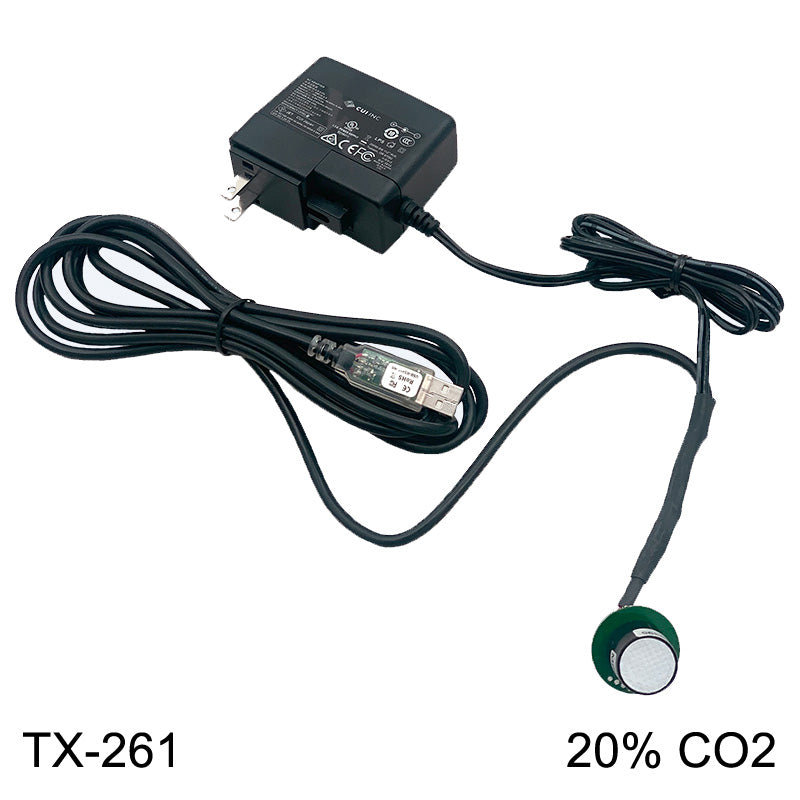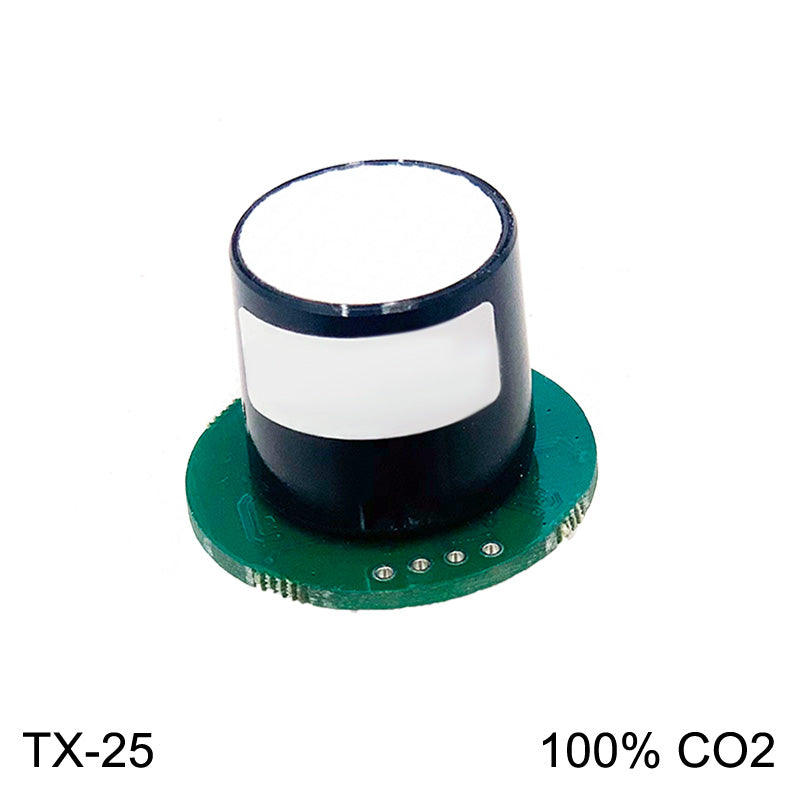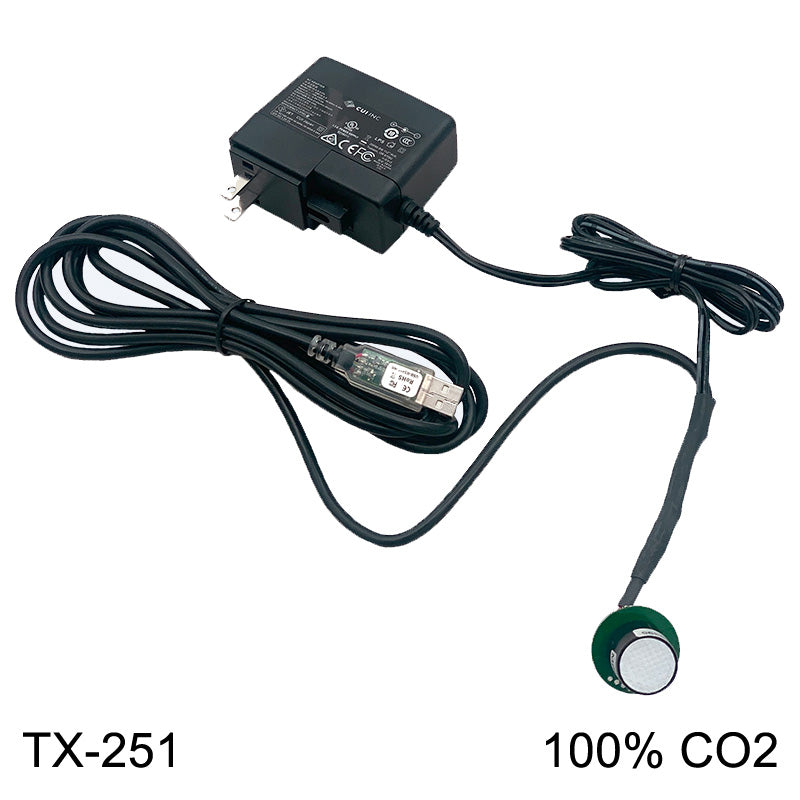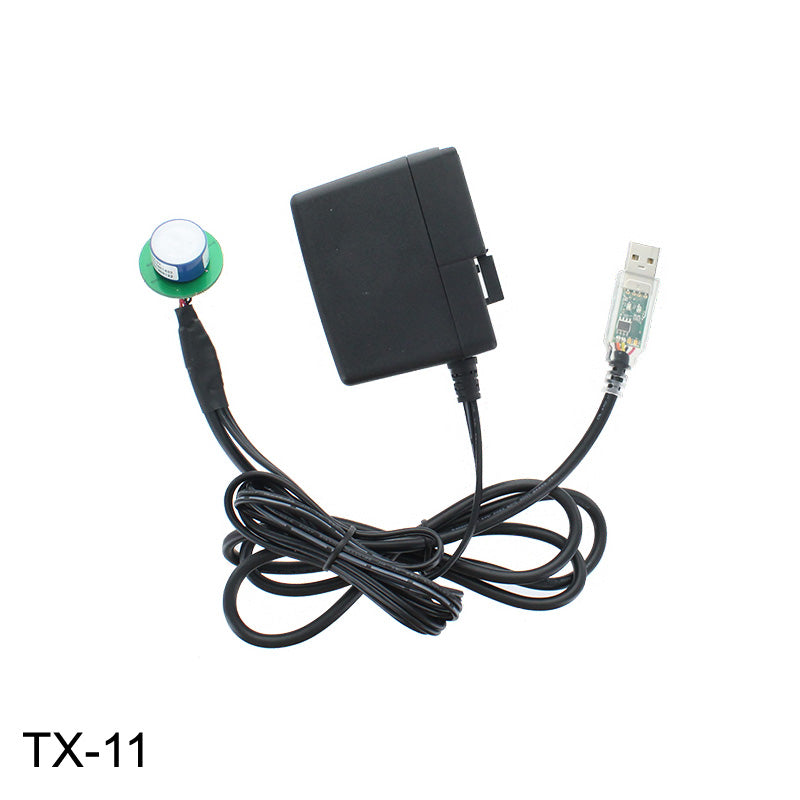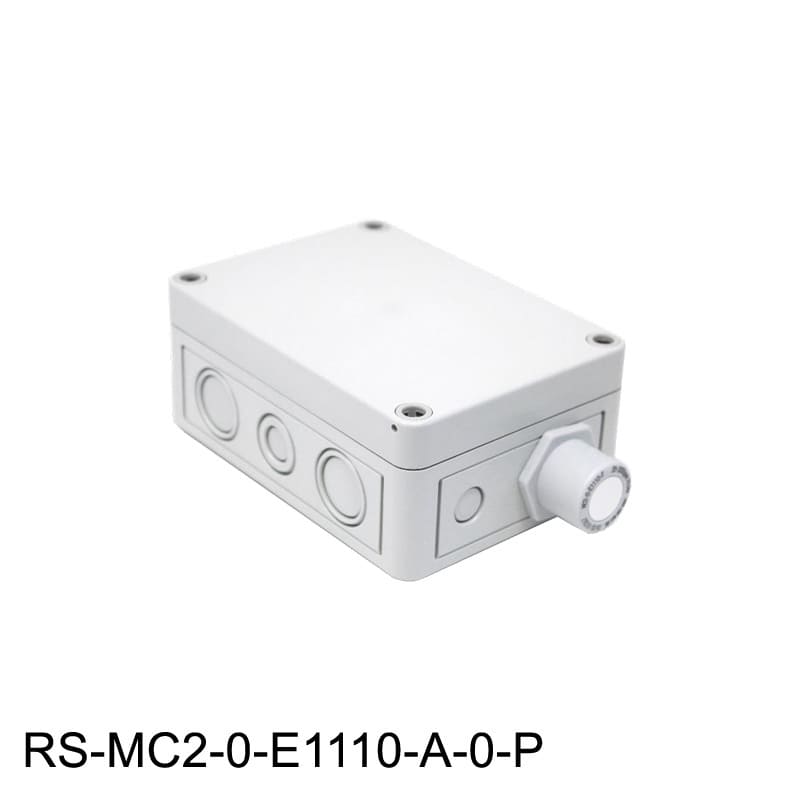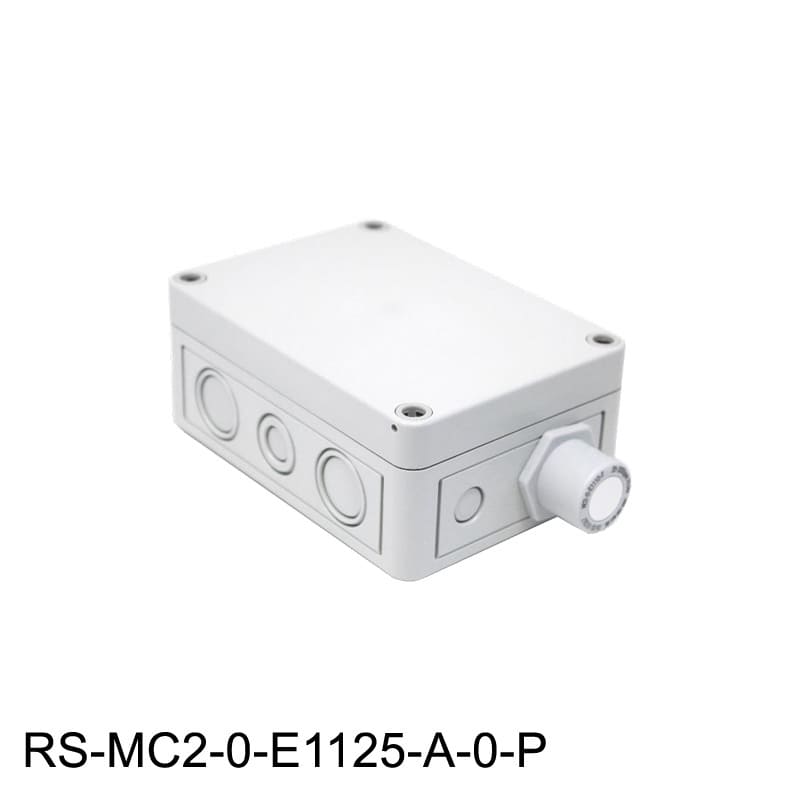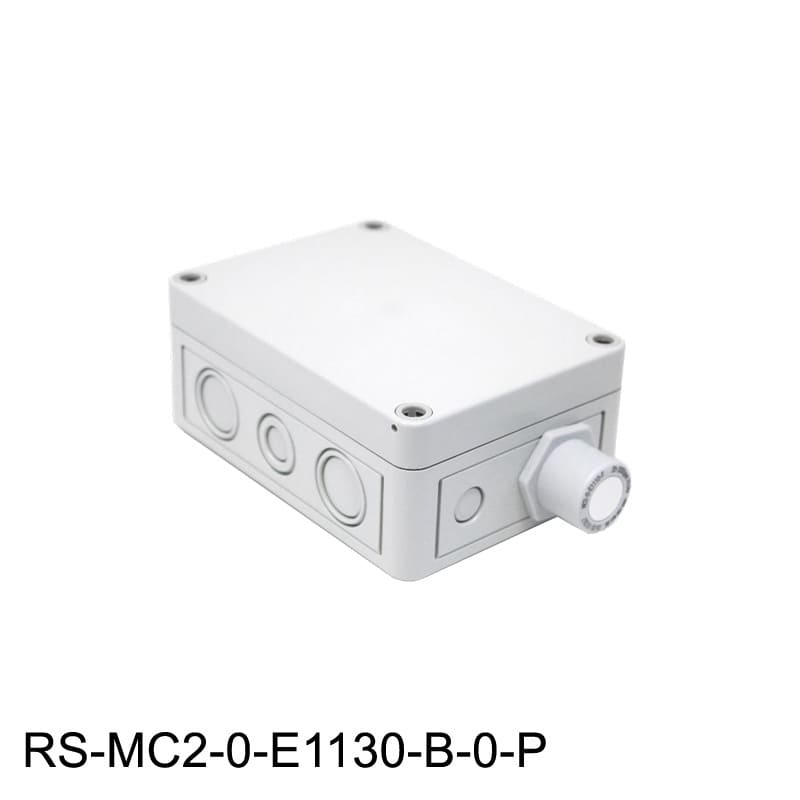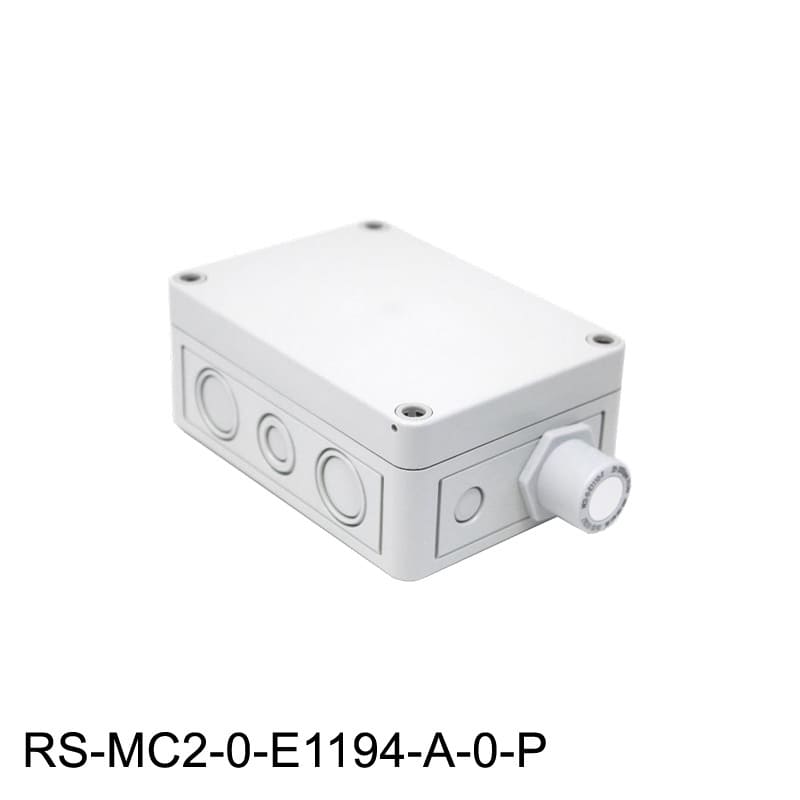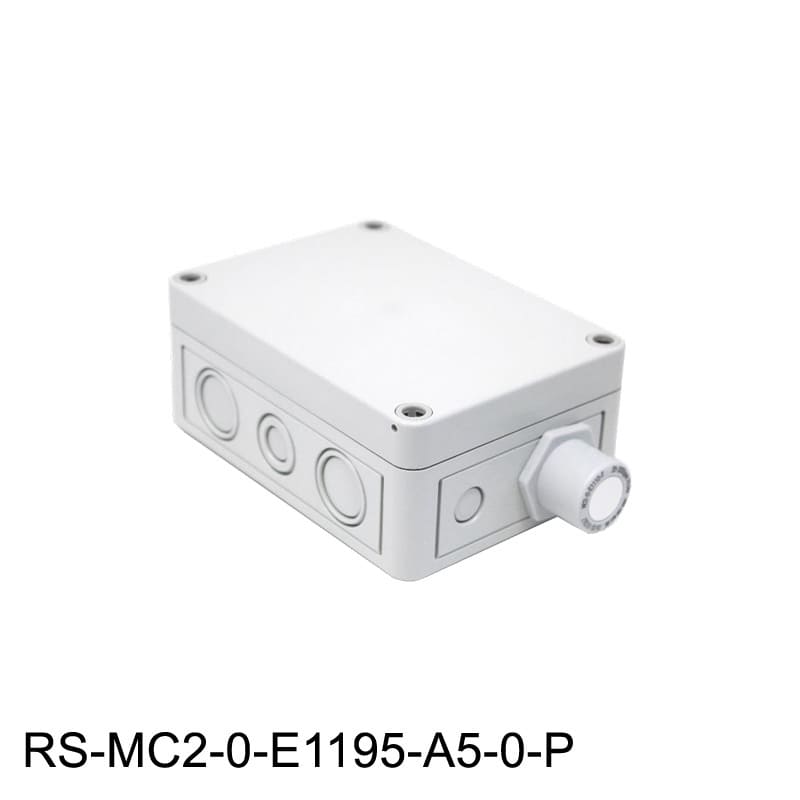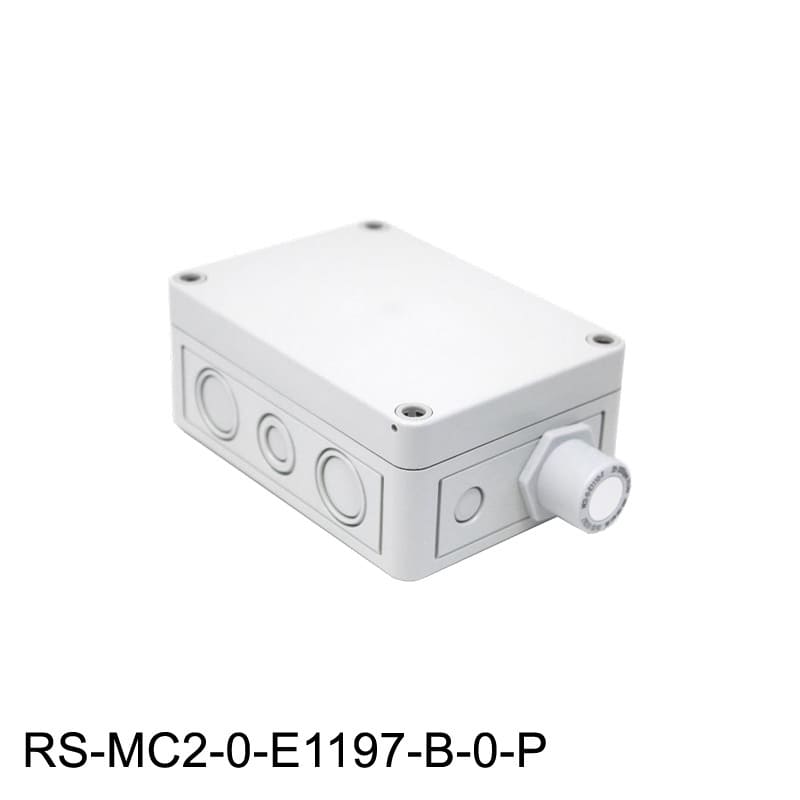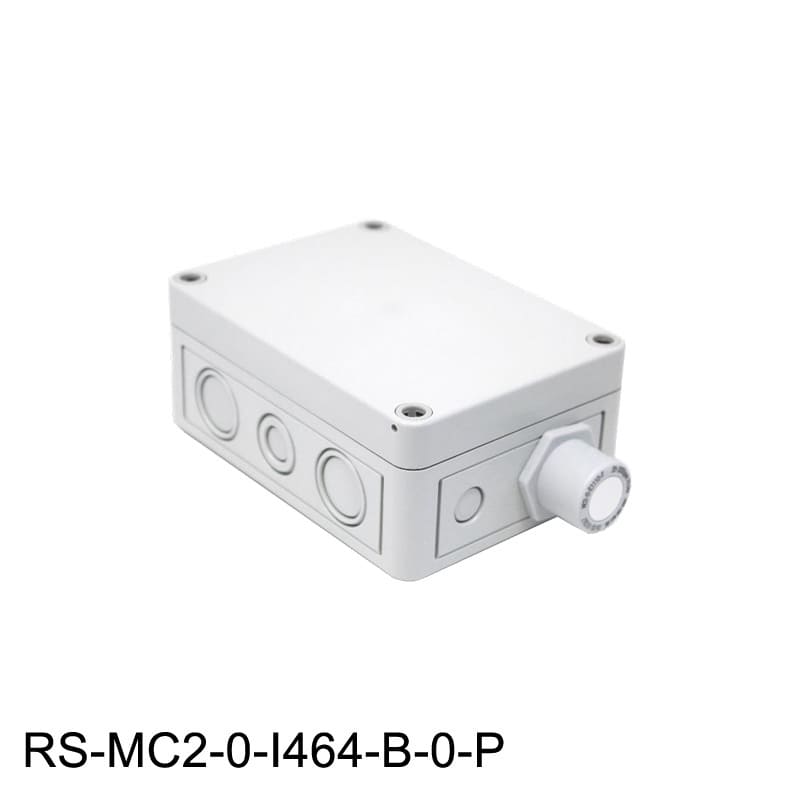Scientific & Medical
Scientists, Lab Technicians, and Researchers all work around gases in their respected work environments, yet recognize that although the gas can serve beneficial in maintaining pH levels, preserving specimens, and monitoring apparatus; the gases can also be extremely hazardous to those working around them at too high of concentrations.
What are the safety precautions for liquid nitrogen?
Liquid nitrogen can also be found commonly used for cryobiology and cryotherapy applications. Safety precautions for liquid nitrogen include wearing proper PPE, implementing compressed gas safe procedures and installing a safety monitor.
Read more on Liquid Nitrogen Safety Requirements.
What is the best gas detectors for cold storage?
Cold storage facilities have special conditions that present significant challenges to those working in and around hazardous gases. The most common gas safety monitor used is the RAD-0002-ZR Oxygen Deficiency Safety Alarm. This device can handle temperatures that swing from -50°F to +140° and accurately monitor to safeguard against oxygen deficient environments.
-
Handheld
0-25% Oxygen O2 Sampling Data Logger
The 25% Oxygen Sampling Data Logger is designed to measure oxygen levels over time in enclosed environments, used primarily in life...
$2,399.00 USD$2,399.00 USD$2,399.00 USD -
The 20% Carbon Dioxide Sampling Data Logger is designed to measure carbon dioxide levels over time in enclosed environments, used primarily...
$2,399.00 USD$2,399.00 USD$2,399.00 USD -
Select options
The GasLab® Pro 100% Carbon Dioxide Sampling Data Logger is designed to measure carbon dioxide (co2) concentrations in enclosed environments, used primarily...
$2,399.00 USD$2,399.00 USD$2,399.00 USD -
The 25% Oxygen and 100% Carbon Dioxide Sampling Data Logger is is designed to simultaneously measure multiple gas concentrations through...
$2,700.00 USD$2,700.00 USD$2,700.00 USD -
The 25% Oxygen and 20% Carbon Dioxide Sampling Data Logger is is designed to simultaneously measure multiple gas concentrations through...
$2,700.00 USD$2,700.00 USD$2,700.00 USD -
Select optionsHandheld
Multi Gas Sampling Data Logger
The Multi Gas Sampling Data Logger is is designed to simultaneously measure multiple gas concentrations through a sampling method. Utilizing a...
5.0 / 5.0
(1) ( 1 )
$2,399.00 USD$2,399.00 USD$2,399.00 USD -
The 25% Oxygen, 5000ppm CO and 1% Carbon Dioxide Sampling Data Logger is is designed to simultaneously measure multiple gas...
$3,000.00 USD$3,000.00 USD$3,000.00 USD -
fixed/wall mount
Oxygen Deficiency Depletion Safety Alarm
The Oxygen Deficiency Depletion Safety Alarm and Horn Strobes (formerly known as the RAD-0002-ZR) is a 0-23% room oxygen monitor designed...
$1,649.00 USD$1,649.00 USD$1,649.00 USD -
fixed/wall mount
Complete O2 Deficiency Safety Monitoring Kit
The Complete O2 Deficiency Safety Monitoring Kit is a fully integrated O2 safety monitoring solution designed to detect hazardous oxygen, argon,...
$1,829.00 USD$1,829.00 USD$1,829.00 USD -
fixed/wall mount
Single Sensor O2 Deficiency Monitoring System and Horn Strobe
The Single Sensor O2 Deficiency Monitoring System and Horn Strobe (RAD-SEU-ZR-HS1) includes CO2Meter’s remote oxygen deficiency sensor unit (no remote display)...
$1,029.00 USD$1,029.00 USD$1,029.00 USD -
fixed/wall mount
Central Display Unit and Horn Strobe for Gas Safety Alarms
The Central Display Unit (CDU-HS1) for Gas Safety Alarms with Horn Strobe is designed to provide real-time visibility of CO2 or...
$399.00 USD$399.00 USD$399.00 USD -
fixed/wall mount
Fixed Carbon Dioxide (CO2) Gas Detector (0-5%)
The Fixed Carbon Dioxide CO2 Gas Detector (MSC2 + SC2-I-S1164-B-L-00) is designed to protect individuals near toxic CO2 gas in...
$2,214.00 USD$2,214.00 USD$2,214.00 USD -
fixed/wall mount
Power Monitor Unit for Gas Safety Alarms
The Power Monitor Unit for Gas Safety Alarms (RAD-PMU) is designed as a critical safety device to ensure uninterrupted gas detection...
$199.00 USD$199.00 USD$199.00 USD -
fixed/wall mount
Oxygen (O2) Fixed Gas Detector w/ Remote Sensor (0-25%)
The Oxygen (O2) Fixed Gas Detector w/ Remote Sensor (MSC2 + MC2-0-E1195-A2-0-P) is designed to protect individuals near toxic gases...
$1,969.00 USD$1,969.00 USD$1,969.00 USD -
CO2 Monitor
O2 Industrial Gas Detector
The CM-902 O2 Industrial Gas Detector is designed to protect individuals working near hazardous gases like nitrogen, argon, chlorine, propane, nitrous oxide, or...
$1,439.00 USD$1,439.00 USD$1,439.00 USD -
CO2 Sensor
Incubator IR CO2 Sensor Analyzer
The Incubator IR CO2 Sensor is designed specifically to monitor and detect carbon dioxide levels in cell incubators to manage ideal cell...
$1,979.00 USD$1,979.00 USD$1,979.00 USD -
Handheld
Portable CO2 Detector and Alarm
The Portable CO2 Detector and Alarm is a handheld gas detector and data logger designed to measure concentrations in real-time with audible indication. Features...
4.33 / 5.0
(9) ( 9 )
$419.00 USD$419.00 USD$419.00 USD -
The Carbon Monoxide (CO) Handheld Gas Detector is a portable data logger designed to measure carbon monoxide concentrations with long-term data...
$395.00 USD$395.00 USD$395.00 USD -
The Carbon Dioxide and Carbon Monoxide Handheld Gas Detector is designed to measure both CO and CO2 concentrations in real-time with data...
5.0 / 5.0
(1) ( 1 )
$659.00 USD$659.00 USD$659.00 USD -
The CO2, CO, and O2 Portable Detector is designed to measure carbon dioxide, carbon monoxide, Oxygen, relative humidity and temperature across a variety...
5.0 / 5.0
(2) ( 2 )
$959.00 USD$959.00 USD$959.00 USD -
Handheld
CO2 and Ammonia Multi Gas Detector
The Carbon Dioxide and Ammonia Gas Detector is a multi-gas solutions designed for indoor agriculture applications like poultry farms who need to...
5.0 / 5.0
(1) ( 1 )
$779.00 USD$779.00 USD$779.00 USD -
Select options
The TX Carbon Dioxide (CO2) Industrial Sensors are designed for industrial applications where RS485 Modbus RTU or 4-20mA outputs and...
$296.00 USD$296.00 USD$296.00 USD -
Select options
The TX Oxygen Sensor with Transmitter is designed for industrial applications where and 6-24VDC power input and industry-standard RS485 or...
$296.00 USD$296.00 USD$296.00 USD -
Select optionsfixed/wall mount
Remote Sensor for Gaslab Multi-Gas Detector
Remote Sensors for the Gaslab Multi-Gas Detector are designed to measure combustible, toxic gases and oxygen as well as refrigerants....
$530.00 USD$724.00 USD$724.00 USD
Don't Take Our Word for it, Take Theirs

Matthew Weintraub
Plant Manager
"Your solutions meet the code requirements and because of you our facility is much safer."
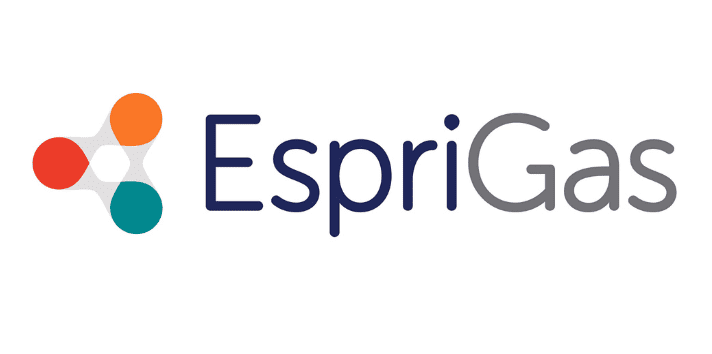
Angela Ihrig
Supply Chain Manager
"CO2Meter has helped protect 150+ of our customers sites and ensure they are compliant and safe."
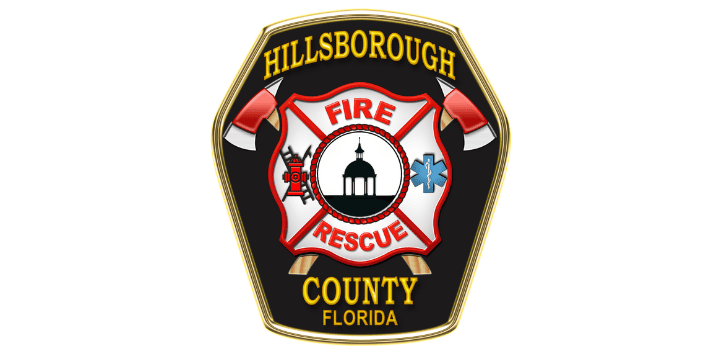
Michael Hudkins, CFPS
Fire Plans Examiner/Fire Inspector II
"I would recommend CO2Meter gas training to anyone, it inspired us to be keenly aware of what to inspect."

Keith Isoldi
Chief Operating Officer
"I have always worked with CO2Meter because they are the industry leader."
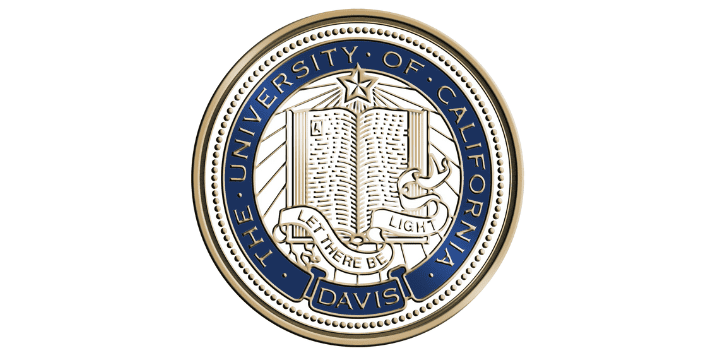
Kelly Kissock
Faculty Director
"Easy to install, Our CO2 tank gassed off and the meter near it worked perfectly!"
Stay Informed with Our Latest Updates
Subscribe to our newsletter for the latest news, product updates, and industry insights.
CO2Meter is working with our global supply chain to minimize disruptions
Due to imposed tariffs, Quotes will be honored for 24 hours and may require a revised PO
CO2Meter is working with our global supply chain to minimize disruptions
Due to imposed tariffs, Quotes will be honored for 24 hours and may require a revised PO
CO2Meter is working with our global supply chain to minimize disruptions
Due to imposed tariffs, Quotes will be honored for 24 hours and may require a revised PO
CO2Meter is working with our global supply chain to minimize disruptions
Due to imposed tariffs, Quotes will be honored for 24 hours and may require a revised PO
CO2Meter is working with our global supply chain to minimize disruptions
Due to imposed tariffs, Quotes will be honored for 24 hours and may require a revised PO
CO2Meter is working with our global supply chain to minimize disruptions
Due to imposed tariffs, Quotes will be honored for 24 hours and may require a revised PO
CO2Meter is working with our global supply chain to minimize disruptions
Due to imposed tariffs, Quotes will be honored for 24 hours and may require a revised PO
CO2Meter is working with our global supply chain to minimize disruptions
Due to imposed tariffs, Quotes will be honored for 24 hours and may require a revised PO
CO2Meter is working with our global supply chain to minimize disruptions
Due to imposed tariffs, Quotes will be honored for 24 hours and may require a revised PO
CO2Meter is working with our global supply chain to minimize disruptions
Due to imposed tariffs, Quotes will be honored for 24 hours and may require a revised PO
CO2Meter is working with our global supply chain to minimize disruptions
Due to imposed tariffs, Quotes will be honored for 24 hours and may require a revised PO
CO2Meter is working with our global supply chain to minimize disruptions
Due to imposed tariffs, Quotes will be honored for 24 hours and may require a revised PO
CO2Meter is working with our global supply chain to minimize disruptions
Due to imposed tariffs, Quotes will be honored for 24 hours and may require a revised PO
CO2Meter is working with our global supply chain to minimize disruptions
Due to imposed tariffs, Quotes will be honored for 24 hours and may require a revised PO
CO2Meter is working with our global supply chain to minimize disruptions
Due to imposed tariffs, Quotes will be honored for 24 hours and may require a revised PO
CO2Meter is working with our global supply chain to minimize disruptions
Due to imposed tariffs, Quotes will be honored for 24 hours and may require a revised PO
CO2Meter is working with our global supply chain to minimize disruptions
Due to imposed tariffs, Quotes will be honored for 24 hours and may require a revised PO
CO2Meter is working with our global supply chain to minimize disruptions
Due to imposed tariffs, Quotes will be honored for 24 hours and may require a revised PO
CO2Meter is working with our global supply chain to minimize disruptions
Due to imposed tariffs, Quotes will be honored for 24 hours and may require a revised PO
CO2Meter is working with our global supply chain to minimize disruptions
Due to imposed tariffs, Quotes will be honored for 24 hours and may require a revised PO
CO2Meter is working with our global supply chain to minimize disruptions
Due to imposed tariffs, Quotes will be honored for 24 hours and may require a revised PO
CO2Meter is working with our global supply chain to minimize disruptions
Due to imposed tariffs, Quotes will be honored for 24 hours and may require a revised PO
CO2Meter is working with our global supply chain to minimize disruptions
Due to imposed tariffs, Quotes will be honored for 24 hours and may require a revised PO
CO2Meter is working with our global supply chain to minimize disruptions
Due to imposed tariffs, Quotes will be honored for 24 hours and may require a revised PO
CO2Meter is working with our global supply chain to minimize disruptions
Due to imposed tariffs, Quotes will be honored for 24 hours and may require a revised PO

